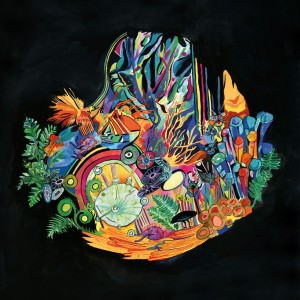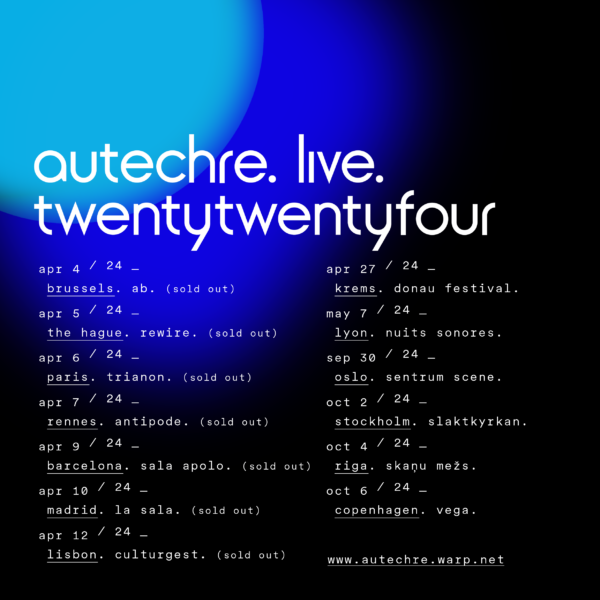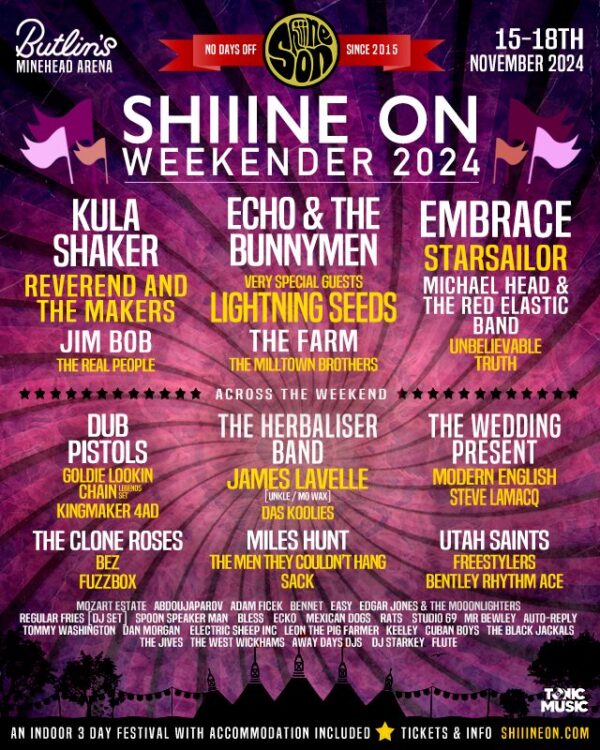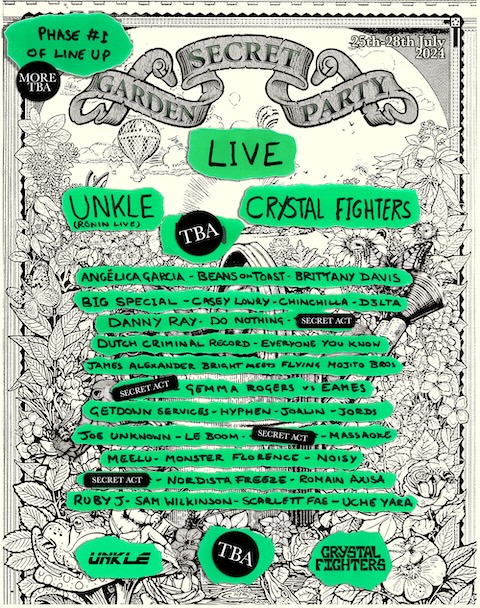Archive
Kaitlyn Aurelia Smith 2016 album accolades
We are immensely proud and excited to share just some of the end of year accolades Kaitlyn Aurelia Smith received for her 2016 album, EARS, and her collaborative album with Suzanne Ciani, Sunergy, also in 2016.
Pitchfork, 50 Best Albums of 2016 #29 EARS
Pitchfork, 20 Best Experimental Albums of 2016 EARS & Sunergy
Pitchfork, 100 Best Song #70 Existence In The Unfurling
Rolling Stone, 20 Best Avant Albums of 2016 #12 EARS
Rolling Stone, 45 Best Albums of 2016 so far, #45 EARS
Redbull, 5 Best Experimental Albums of 2016 #1 EARS
NTS Top 50 albums of 2016, #30 EARS
Resident Advisor, 20 Best Albums #14 EARS
NPR Music, Best 50 Albums of 2016, #30 EARS
Norman Records, Album of the Year, EARS
Crack Magazine, Top 100 Albums of the Year, #94 Sunergy, #10 EARS
FACT, Best Album 2016, #41 Sunergy
The Quietus, Top 100 Albums of the first half of 2016, #36 EARS
Spin, The 50 Best Albums of 2016 so far, #28 EARS
Fractured Air, Albums of the Year 2016, #2 EARS
Double J, The 50 best albums of 2016, #33 EARS

Kaitlyn Aurelia Smith shares “When I Try, I’m Full” video
Kaitlyn Aurelia Smith has shared a new video for “When I Try, I’m Full,” from her recent LP EARS. The spare, cellular animation was hand-drawn by animator Jules Guérin. “An organic cell is born,” he said of the video. “Its birth drives us through a shamanic vision where it will evolve with music, becoming more complex while mineral, organic, and cosmic elements orbit around it to transform it to its final state. This is the source of endless possibilities.”
Read Pitchfork’s “Rising” feature, “Kaitlyn Aurelia Smith’s Existential Synthesizer Music.”
Reclamation Through a Microphone: Braids’ Raphaelle Standell-Preston on How Songwriting Helped Her Process Sexual Abuse
What follows is a brave and powerful essay from Braids frontperson and songwriter Raphaelle Standell-Preston.
I started crying the first time an interviewer asked me if “Miniskirt,” a song I wrote, was a personal account of sexual abuse. Trying to push back tears, I said it was inspired by events that have occurred around me, things I have witnessed in culture that I was commenting on. Then I froze. I could be honest. I could say, “Yes, ‘Miniskirt’ was inspired by events from my childhood. I was molested by my stepfather for years, my mom found out, our family exploded, and within a day I was moved out of the house, leaving behind my stepbrother of 12 years. I wasn’t dealt a good hand, but I’m healing.”
Instead I felt dirty, gross, and different—in a bad way—from everyone else in the room. A thought went through my head: “You’re gonna be labelled ‘the abused girl.’”
Austin, my bandmate and best friend, saw me internally freaking out. He jumped in to add that we had created a safe space while making the record, last year’s Deep in the Iris, eventually shifting the conversation towards our recording in Arizona, and how much we loved the desert.
I had prepared for this question for months—reading feminist manifestos, memorizing sentences so that I could quote something that I believed in but wasn’t my own story. I’m recalling this now because I’ve come to realize the reasons for my deflections weren’t exactly healthy ones. It was not for a hope of privacy, or for the belief that my business is my own. It was because I felt ashamed and embarrassed by the things that happened to me in my early childhood, and looking back at it now, that’s not OK.
If you’ve been abused in some way, whether you deem it a life-shattering event or a hiccup, you likely know what I mean. The feeling that you’d done something wrong: That if you hadn’t been there at that time or said that thing, if you hadn’t worn that outfit or slicked back your hair, if only you’d been more assertive or just hadn’t been so naive, things wouldn’t have happened this way. The blame game. Finding presumed faults within yourself to make sense of something that ultimately had nothing to do with you, that still makes no sense, and maybe never will.
The last few years I’ve found myself turning to my art to help regain a calmer and more understanding self amongst this mess. It’s been an attempt to regain control and agency over something that left me feeling powerless and confused for years. I found myself reaching to the microphone to scream, to bawl out those hidden moments in my life. In the midst of artistic exertion, I felt cleansed.
While writing songs like “Miniskirt” felt healing, dealing with it outside the studio was torturous. I expected these feelings to leave me once I said them out loud, once I put them on a record. But if anything, it only made the memories grow louder and louder. Interview after interview I kept thinking, “Why in the hell did I record this song in the first place? I feel terrible!”
It wasn’t until our final show in Berlin, after months of touring, that I no longer doubted or questioned the song. A man came up to me after we ended our set; he cried in my arms, “Thank you soooooooo much for writing this.” For once I wasn’t ashamed of my experience. I understood why it was important to be singing “Miniskirt,” night after night, to be putting out this emotion, these memories. He felt like no one could empathize with what he went through, that it made him too different. I felt that too, until we shared this moment.
I’m going to go out on a whim here and say one of those statements that is quite general, but that I truly believe in: There is not enough societal empathy or understanding for those who have experienced abuse. Our legal and judicial systems do not assist those who have been abused; in fact, they continually work against abuse victims—just look at the most recent ruling of the Jian Ghomeshi case. And despite the recent increased public attention surrounding sexual abuse, many survivors still experience a crippling fear of not only not being believed—but being belittled and forever victimized. (For a deeper understanding of this, read author Jessica Knoll’s piece on the real-life gang rape that inspired her novel—and the slut-shaming that occurred after the initial act; it’s unthinkably messed up.)
As I’m writing this, I have the feeling that some readers might be thinking, “Really, another article on this stuff?” If you’re tired of reading about people coming out about having experienced rape, or abuse, or violence—then good. It means you’re beginning to understand how many people have been affected by it. And if you’re tired of reading another article on female empowerment, then keep reading, because it should be normal, and it isn’t as accepted as it should be. This is a fight we need to keep fighting.
When that man in Berlin came up to me, he helped me to feel understood, and it reminded me that we need to share our experiences, not be afraid of them. The moments that make up our existence, we can never run from. We can only decide to see them differently. Through sharing and discussion, we have the power to help one another heal from the hurt we cannot control.
“Companion,” the song and video we released last week, is another part of my healing. It’s a song that deals with the aftermath of my family finding out about the sexual abuse. It’s about how everything can change in a moment, and suddenly you’ve lost it all. It’s telling my then-stepbrother that this had nothing to do with him—something I’ve always wanted to share with him. And it’s a song that deals with the battle one faces when they begin sifting through the hurt, the memories that were hard, or the moments that they miss. Within us, there’s a damaged person, and then there’s the person who survived. Both exist, and when our courageous half is patient with the weak and empathetic to the sore, we begin to heal.













